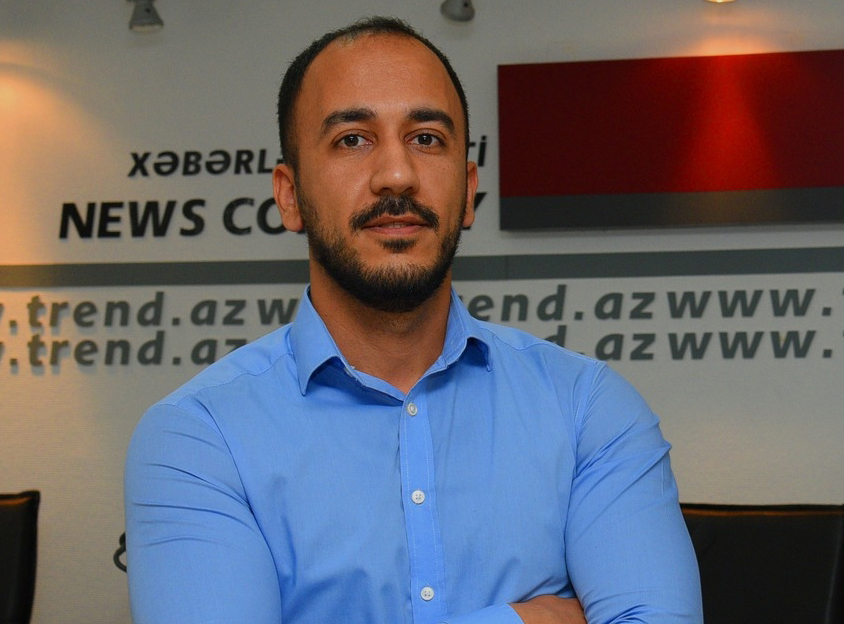BAKU, Azerbaijan, January 26. The EU has decided to establish a civilian European Union Mission in Armenia (EUMA) under the Common Security and Defense Policy (CSDP) on the Azerbaijan-Armenia border. The decision stated that the objective of the Mission is to promote stability at the border areas of Armenia, build confidence on the ground, and ensure an environment conducive to EU-backed normalization efforts between Armenia and Azerbaijan.
EUMA will have an initial mandate of two years and its Operational Headquarters will be in Armenia.
On October 17, 2022, the EU Council of Foreign Ministers at its meeting decided to deploy nearly 40 EU observers in Armenia, alongside the border with Azerbaijan, to monitor, analyze, and report on the situation in the South Caucasus. The EU Monitoring Capacity in Armenia (EUMCAP) completed its activities, as agreed in Prague, on 19 December 2022.
But in this case, how can the EU mission influence the situation in the region?
While commenting on the issue whether the EU Mission will affect the regional situation or not, Igor Korotchenko, a political expert, editor-in-chief of Russia’s “National Defense” magazine, stressed that this mission will not give legal effect. These decisions are made for a reason and dictated by the current geopolitical reality in the world.
"The South Caucasus is of critical significance in terms of oil, gas, and logistics, including transport logistics. France has always been interested in this region, but, of course, that must have driven by close relations between the French and Armenian political elites. The reason why the mission is legally incompetent is because that the border delimitation process between Azerbaijan and Armenia has not yet been carried out due to Armenia's dismissive attitude. By inviting this mission, expanding its composition, as well as with France and the European Union, Armenia expects to get a chance to exert pressure on Azerbaijan and achieve favorable political, economic, and military positions," he said.
CEO of the Lagazetteaz.fr online newspaper, founded by Trend News Agency in France, Jean-Michel Brun noted that Azerbaijan kept conducting peace talks with the EU until the first mission's end. However, the European Union didn't display neutrality in the Armenia-Azerbaijan conflict, under pressure of France, which openly took the side of Armenia, thereby refusing the role of an arbiter in the Minsk Group.
"On the same day when the dispatch of a new EU mission was announced, President of France Emmanuel Macron received Co-Chairs of the Coordinating Council of Armenian Organizations of France Mourad Papazian and Ara Toranian at the Elysee Palace. Meanwhile, Director of the “Les Nouvelles d'Arménie” website Ara Toranian was the press secretary of ASALA in the beginning of 1980's, which is known for terrorist attacks, in particular at the Orly airport in 1983. Papazian, in his turn, who is one of the leaders of the nationalist Dashnak party [Armenian Revolutionary Federation], is considered to be a dangerous activist even in Armenia. He is banned from entering the country,” he added.
Azerbaijani Ambassador to France Leyla Abdullayeva added that sending the EU mission to Armenia should not serve as a pretext for the country to evade from fulfillment of its commitments [taken under trilateral statement of November 10, 2020, signed between Azerbaijani, Armenian and Russian leaders, following the second Karabakh war].
She noted that the mission should not be used to derail the normalization process between Azerbaijan and Armenia, including the border delimitation process.
Therefore, the presence of the EU mission in Armenia resulted in strengthening attempts to disrupt the normalization process, caused serious damage, including the progress made at the trilateral meeting of the Azerbaijani, Armenian and the EU Council leaders. Thus, the initial expectations from the mission to promote the normalization agenda have been upended.






